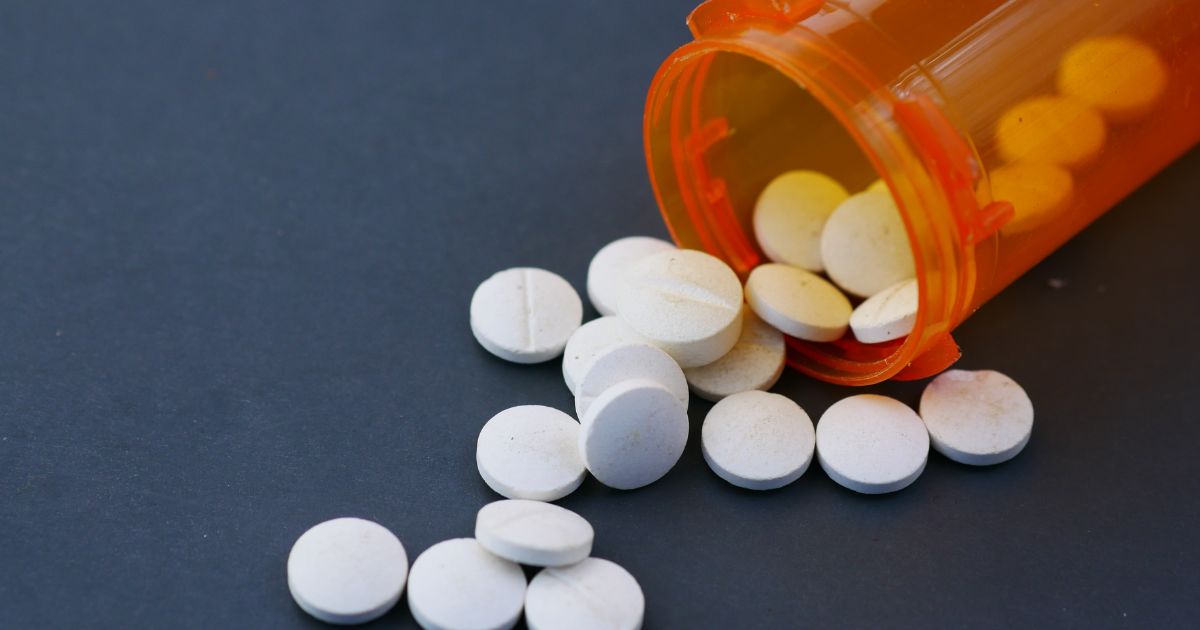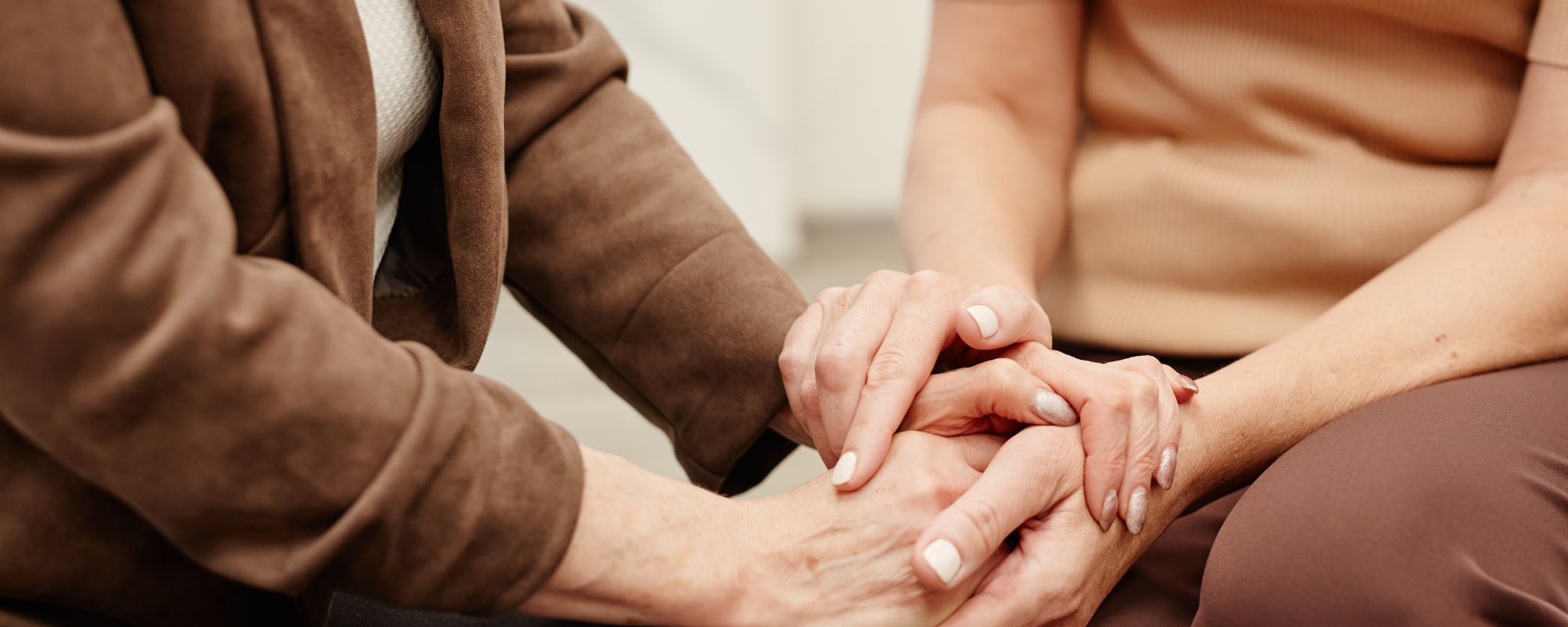Royal Life Centers provides comprehensive addiction treatment. We have addiction treatment centers that offer programs to follow our guests through the recovery process, and allow them to form their own program of recovery.
Alcohol use disorder and substance use disorder disrupts each aspect of life, which is why once the substance is removed, we often need intensive therapy to truly heal from the cause and effect of drugs and alcohol. This is why abstinence does not mean recovery; recovery is more than just “not drinking” or “not taking drugs”. Recovery should be a program that you live after treatment, to prevent turning to substances and also healing yourself. Addiction recovery is healing yourself from the inside out. Beginning with medical detox, where the substance is removed safely and comfortably from the body, and continuing on— our guests undergo intensive therapies to identify the root cause of their alcohol or drug use. These initial stages are used as times to heal the physical body, followed by mental and spiritual healing.
Long term recovery means living a program after treatment. Whether that be a 12-step program of recovery like Alcoholics Anonymous, Narcotics Anonymous, etc. 12-step programs of recovery are based around the idea that addiction is a disease that never goes away, no matter how long you have been sober. Because of the progressive nature of addiction, it is important to immerse yourself in a program like the 12-step programs of recovery. At Royal Life Centers, we introduce our guests to 12 step programs, host in-house 12-step meetings, and provide transportation to and from 12-step meetings.
The 12-step programs of recovery ask you to regularly attend “meetings,” which are a form of support groups for alcoholics and addicts. These meetings continue to inspire strength and hope in staying away from alcohol and drugs by continuously working on yourself and your character defects, and by helping other alcoholics and addicts achieve peace in a life of sobriety.
In addition to attending meetings, the 12-step programs of recovery are focused around the 12 steps. These are steps for alcoholics and addicts to take, in order to gain self-awareness and adopt a way of integrity. Usually, you are taken through the 12 steps with a “sponsor,” this is someone who has more time in sobriety and will act as a guide through the 12 steps and the Big Book of Alcoholics Anonymous or Narcotics Anonymous (or whichever 12-step program of recovery you choose). These books are the literature for which the 12 steps are formed from, and talk about addiction as a disease and the new solution that the 12 steps become.
The 12 steps are adapted to reflect whichever 12-step group you become a part of, but for a general guideline, Here are the 12 steps of Alcoholic’s Anonymous:
1. We admitted we were powerless over alcohol— that our lives had become unmanageable
2. Came to believe that a Power greater than ourselves could restore us to sanity
3. Made a decision to turn our will and our lives over to the care of God as we understood Him
4. Made a searching and fearless moral inventory of ourselves
5. Admitted to God, to ourselves, and to another human being the exact nature of our wrongs
6. We were entirely ready to have God remove all these defects of character
7. Humbly asked Him to remove our shortcomings
8. Made a list of all persons we had harmed, and became willing to make amends to them all
9. Made direct amends to such people wherever possible, except when to do so would injure them or others
10. Continued to take personal inventory and when we were wrong promptly admitted it
11. Sought through prayer and meditation to improve our conscious contact with God, as we understood Him, praying only for knowledge of His will for us, and the power to carry that out
12. Having had a spiritual awakening as the result of these Steps, we tried to carry this message to alcoholics, and to practice these principles in all our affairs
The 12 steps of 12-step programs of recovery, are also guided by 12 principles. These are spiritual principles of recovery, and they basically promote being someone of integrity, among other things. These guiding principles correspond to each step, and 12 step programs ask of your to practice these spiritual principles in all of your affairs, as to not only stay away from alcohol or drugs, but to become a better person. Below are the spiritual principles of recovery, listed in order (and corresponding to each step).
The 12 spiritual principles of recovery are as follows: acceptance, hope, faith, courage, honesty, patience, humility, willingness, brotherly-love, integrity, self-discipline, service.
A program of recovery does not have to be a structured or developed plan like a 12-step approach. A program of recovery can refer to the ever-evolving process of bettering yourself. As long as you are maintaining a position of self-awareness, be honest with yourself to continue working on behaviors that may lead you down a dangerous path toward a relapse. Using the skill set you’ll learn at Royal Life Centers to defend against alcohol and drugs, but also to continue your growth mentally, physically, and spiritually. The skills we teach are so that our guests can end their addictive or maladaptive behaviors, cope with stressors, regulate their emotions, and avoid repeating addictive behaviors. Our treatment programs include behavioral therapies, group therapies, individual therapy, adventure therapy, activity therapy, and equine therapy to prepare our guests for a happy, healthy, successful life in sobriety.
A program of recovery should be adopted after treatment, which is why our guests work with a case manager to set them up for success both during and after their treatment process. A program of recovery can look like: setting up sessions with a therapist at a private practice, choosing to work on the addictive qualities of yourself, challenging the negative behaviors and thought patterns that persist after removing substances from your life, healthy habit making, actively setting boundaries to yourself protected from harmful people or triggers, following a doctor’s recommendations to continue taking medication to treat co-occuring disorders, and staying aware of the things that may be hurting your recovery— making changes when necessary to remove any obstacles to your sobriety.
A program of recovery can refer to actively choosing to do things that better yourself mentally, physically, and spiritually. Stay aware of what can be detrimental to your sobriety, and actively resolve any threats. Set yourself up for a successful sobriety. Taking time to evaluate your thoughts, behaviors, and actions that could be leading you off the path of sobriety is something that can be considered living a program of recovery. At Royal Life Centers, we provide the knowledge and tools to set each guest up for a successful and lasting sobriety. We provide each guest with guidance through their recovery, including how to build a support network and develop a program of recovery for long term sobriety.
If you have any questions about programs of recovery, our treatment options, etc. please call our team of addiction specialists at (877)-RECOVERY or (877)-732-6837. Our team is available to take your call 24/7. Because We Care.









